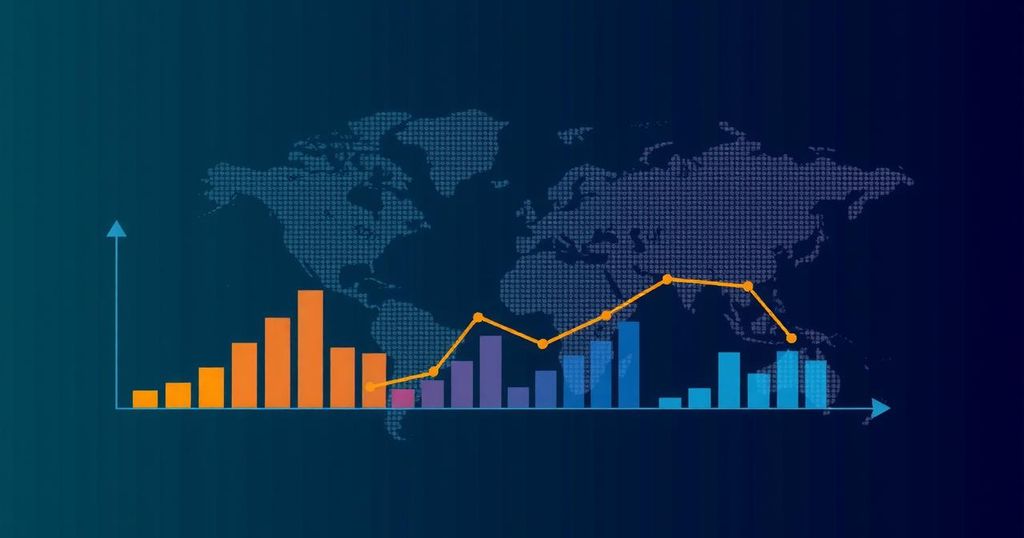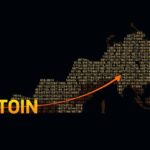Polygon Price Retreats Amid Rising NFT Sales and DEX Volume
In a notable development, the price of Polygon (MATIC) has experienced its first decline in ten days, despite the optimistic indicators surrounding its non-fungible token (NFT) and decentralized finance (DeFi) sectors. On this occasion, Polygon’s price retreated to a low of $0.53, a decrease from the previous week’s high of $0.582. However, it is important to note that this price reflects a significant increase of 60% from the lowest point observed earlier this month, especially in light of the anticipated transition from MATIC to POL scheduled for September 4, 2023.
The recent pullback in prices coincided with Polygon developers regaining control of their X account, subsequent to a hacking incident that had previously raised concerns within the community. Data sourced from CryptoSlam indicates a substantial rise in activity within Polygon’s ecosystem; weekly NFT sales surged by 111%, totaling over $12.7 million, while the buyer count increased by 35%, reaching approximately 88,000, alongside a rise in the seller population to 25,000. Furthermore, Polygon’s transaction handling stood at 356,700, although it experienced a decrease in wash volume by 12%, amounting to $9.2 million. Within the larger NFT market, Polygon maintained its position as the fourth-largest player, trailing only Ethereum (ETH), Solana (SOL), and Bitcoin (BTC).
On the decentralized exchange (DEX) front, Polygon has also demonstrated resilience, with volume increasing by 7.32% to reach $770 million. This positions Polygon as the seventh-largest player among DEX networks, with major contributors including Uniswap, Quickswap, Woofi, Dodo, and Retro. In addition, the total value locked within Polygon’s DeFi ecosystem has witnessed an increase exceeding 10% in the past week, now totaling $951 million.
Nevertheless, it is crucial to acknowledge the intensifying competition within the layer-2 landscape, particularly from rivals such as Arbitrum (ARB) and Base, which have secured over $2.82 billion and $1.6 billion in assets, respectively. Notably, Arbitrum has emerged as one of the front-runners in DEX activity, handling more than $3.7 billion in volume over the same seven-day period.
Looking ahead, the focal point for Polygon will be the transition from MATIC to POL, which is expected to introduce new features within the network. POL will serve as the native gas and staking token for Polygon’s proof-of-stake framework, aligning with its broader initiative to provide integrated services across its various chains, including AggLayer. This upcoming launch may induce further volatility in Polygon’s price.
From a technical perspective, Polygon has successfully surpassed the 50-day moving average, currently hovering around the 23.6% Fibonacci Retracement level, a threshold it struggled to maintain earlier in July. The emergence of a bearish engulfing candlestick pattern suggests the possibility of a pullback towards the 50 EMA level, projected at approximately $0.493.
In conclusion, while Polygon’s current market performance displays promising metrics in both NFT sales and DEX volume, the recent price retreat, alongside competitive pressures, suggests a volatile landscape ahead as the token approaches its pivotal transition to POL.








Post Comment